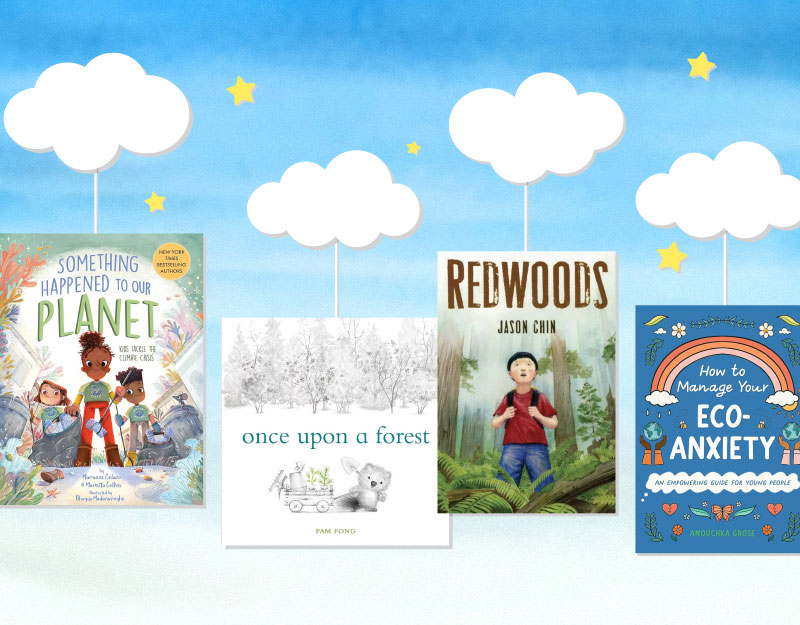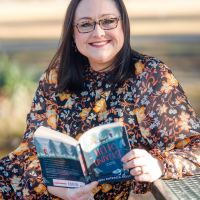Recommended Science Videos and the Reluctant Homeschool Teacher
In March parents around the world suddenly found themselves in the precarious position of becoming involuntary homeschool parents. Kinda. In my particular case I had a eight and a five-year-old finishing up 3rd grade and Kindergarten, respectively. That meant figuring out how to work Zoom, how to make sure I had enough devices in the home for their assignments (Fun Fact: No matter how many devices you own, you will never have enough), and how to make a regular schedule. My daughter, who finds comfort in order, systematically worked out a precise schedule that consisted of Math, Reading, Writing, and Science in the morning followed by P.E., History, Art, and Cooking class in the afternoons.
Now it is summer. And we are all still here.
The schools have closed. And we are all still here.
The daily schedule has been thrown out the window. And we are All. Still. Here.
This means we have to find new ways to fill the time. Ways that don’t involve untold hours of video games.
For those of you out there in the same position as myself, perhaps you have opted to continue the schooling, well into June. And perhaps you have found yourself thinking, “What I really wish I could find is a series of wonderful science programs for kids that they can watch for a little while.” Something akin to the old 3-2-1 Contact or Bill Nye or Beakman’s World stuff from the days of yore.
ADVERTISEMENT
ADVERTISEMENT
The good news is that you don’t have to force feed your kids old-timey science fare on the telly. I located three modern alternatives that have led to some pretty great conversations (and home science experiments) and I want to share them with you today.
Science Max
Leave it to the Canadians to beat us roundly in the science programming category. Phil McCordic is your host in a show that combines two of my favorite things: stunts and sketch comedy. On each show Phil tackles a specific challenge and then “maxes it out”. Which is to say, he might make a little bridge out of spaghetti and then max it out so that he and his scientist friends make a gigantic version that a human could walk over. Sometimes their attempts work, sometimes they don’t, but what set Phil’s show apart from the pack is the simple fact that while the stunts are fun, Phil doesn’t skimp on the science. It’s clear, concise, and frequently funny. I’m currently attempting to find a clip online of his explanation of what happens when you combine an acid with a base, as my kids and I quote it constantly.
Where can you see this show? That’s the tricky part. Though it’s had at least three seasons, finding all three is near impossible. Some of them are available through YouTube, but you have to make sure you search for “Science Max” and “Full Episode”. Kanopy, the streaming service used by some libraries, will allow you to see all the episodes of Season 3. That’s the best we can do so far, though.
Now enjoy a taste of what I’m talking about:
Mark Rober
The second series my kids and I enjoyed consists of the videos created by former NASA engineer Mark Rober. If his name is vaguely ringing a bell, you might have seen his recent May video on constructing the perfect squirrel-related ninja warrior obstacle course:
ADVERTISEMENT
ADVERTISEMENT
I watched the video, and I was rather taken with a lot of the science behind the work. I did a little digging and found that many of his videos are kid-friendly and involve science. Things like the liquid sand hot tub or the science behind carnival scams or the math behind winning the game Guess Who. Now not every video of his is one I’d show to my kids. There’s a certain level of vindictiveness in the glitter bomb package theft videos that they don’t need to take a deep dive into (and, to be honest, there’s not much science there). But others work very well and I’m happy to pick and choose amongst them. These are all available on YouTube as well, so he’s not hard to find.
Mythbusters Jr.
Finally, there’s the best known of them all. Can I confess to you that I’d never really seen an episode of Mythbusters before the current pandemic? We thought about showing them to our kids, then decided to slow everything way down and try the show made precisely FOR kids first. It was a good call because while there are some excellent Mythbusters you can show kids (my personal favorite involves excavators) there are a LOT of guns on that program.
Mythbusters Jr., on the other hand, keeps things pretty kid-friendly all told. Full episodes are available on YouTube but it takes a little digging to find them all. Still, how can you not love a show that loves duct tape THIS much?
After much consideration, I have to say that all three of this programs are serviceable, but only Science Max truly has my heart. And now, I am pleased to announce, its host is doing additional science videos every other day in June. So let’s see here . . . you’ve got yer How Much Does the Earth Weight?
You’ve got your How Was the Earth Formed (where, for one terrifying moment, I mistook the word “magnets” for “maggots”):
And you’ve got your How to Fold a Paper Boat:
So there you go, folks. Enough content to last us until school starts up in the fall.
Yep.
Yep.
. . . .
. . . . it IS starting up the fall again, right? RIGHT?!?
Filed under: Videos
About Betsy Bird
Betsy Bird is currently the Collection Development Manager of the Evanston Public Library system and a former Materials Specialist for New York Public Library. She has served on Newbery, written for Horn Book, and has done other lovely little things that she'd love to tell you about but that she's sure you'd find more interesting to hear of in person. Her opinions are her own and do not reflect those of EPL, SLJ, or any of the other acronyms you might be able to name. Follow her on Twitter: @fuseeight.
ADVERTISEMENT
ADVERTISEMENT
SLJ Blog Network
Name That LEGO Book Cover! (#53)
K is in Trouble | Review
Fighting Public School Book Bans with the Civil Rights Act
Take Five: Middle Grade Anthologies and Short Story Collections
ADVERTISEMENT








All three seasons of Science Max! are available in The Roku Channel for free viewing. https://therokuchannel.roku.com/details/e0d92678de965990a0b2979c9e93fb99/science-max-experiments-at-large